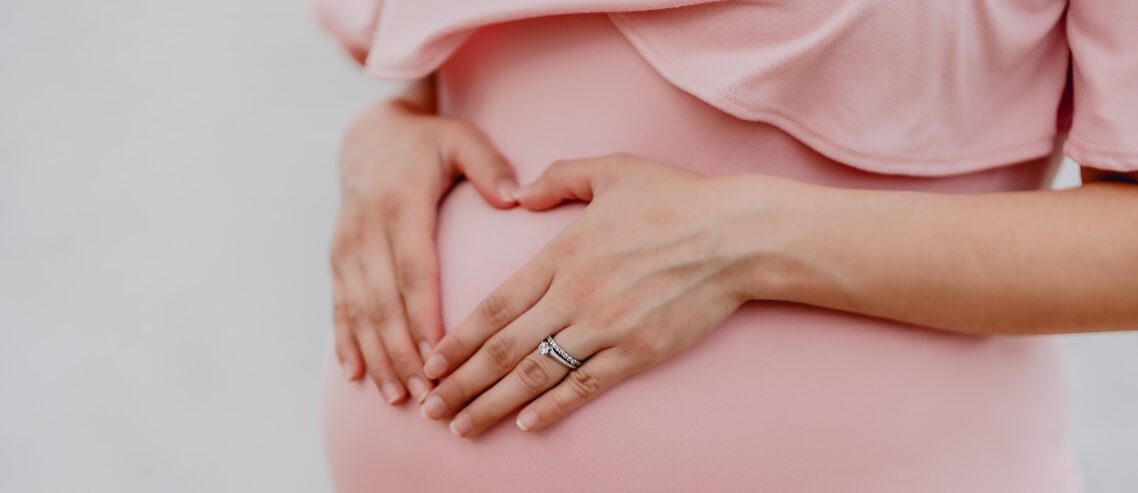How to stay healthy during pregnancy
When you see those two lines on your pregnancy test, it is an exciting yet overwhelming feeling as your world is about to be turned upside down. While there will still be many more months before you get to meet your bundle of joy, and there may be a lot of things to figure out, such as your finances and preparedness for having a baby, the first order of business is your health and wellbeing. After all, your body will be housing your little one until they’re ready to come out.
In this Pacific Prime Thailand article, we’ll go over how to stay healthy during pregnancy in the context of the Thai healthcare system.
Disclaimer: This list is not exhaustive and is meant for reference purposes only.
1. Get started on prenatal vitamins and make initial lifestyle changes
You can get prenatal vitamins from your OB-GYN or at a pharmacy. Prenatal vitamins contain folic acid and iron as a minimum, which is key for you and your growing baby. Folic acid reduces the likelihood that your baby will be born with spina bifida, which is a series of birth defects that affect parts of the nervous system, and iron prevents you from suffering from iron deficiency or anemia as your blood volume doubles by the end of your second trimester.
Depending on your pre-pregnancy lifestyle, you may also need to make some changes after getting pregnant:
- Saying no to alcohol, smoking, or drugs. (This includes over-the-counter medicines and herbs – unless they were prescribed to you by your OB-GYN.)
- Eating healthy, nutrient-rich foods.
- Avoiding raw and unpasteurized food (e.g. sushi, mayonnaise, soft cheeses, etc.), as well as certain types of cooked fish that contain high mercury.
- Limiting daily caffeine intake.
- Getting plenty of rest and reducing stress.
- And more.
2. Find the right hospital and OB-GYN, and make sure you understand how maternity care in the country works
It may come as a surprise to you that Thailand does not have midwives, home births are illegal in the country, and many hospitals and OB-GYNs tend to gear towards unnecessary medical intervention. This means that you should do your research carefully and choose the right hospital and OB-GYN for you and the type of birth you are hoping for – especially if you’d like to try for a water birth or natural birth without an epidural.
There are a couple of hospitals and OB-GYNs that are popular in the expat community, and you’re advised to ask for recommendations. Even though you can always switch both hospitals and doctors at any point, having a rapport with your OB-GYN is important. What’s more, it can’t hurt to have the support of other expectant mums and birthing professionals when you’re so far away from home, as this helps keep your mental health in check.
There are many expat mothers-to-be and baby groups you can join and you should keep an eye out on their website/Facebook pages for any in-person events and workshops:
Further reading: Maternity insurance and the cost of maternity care in Thailand
3. Keeping up-to-date with your check-ups as your pregnancy progresses and knowing signs of complications
As your pregnancy progresses, there’ll be many routine ultrasound scans, blood tests, and check-ups that you’ll need to go for. It’s important to keep up-to-date with these checks to make sure everything is healthy and normal. For example, you’ll most likely have a detailed anomaly scan between 18 to 21 weeks of pregnancy, and a gestational diabetes test between 24 to 28 weeks of pregnancy.
You may also want to consider pregnancy-safe yoga and stretches, as well as keeping active by walking as you get further along – especially if you’re aiming for a natural birth. As your belly grows bigger and your center of gravity changes, it might also be helpful to get a pregnancy pillow. This can help you sleep in a safe and comfortable position by relieving pressure on your legs, hips, and back.
Finally, it’s good to monitor your symptoms for any signs of complications. If you suffer from any of the below symptoms, it could be a sign of pre-eclampsia and you should seek medical attention immediately:
- Rapid weight gain
- Swollen eyelids
- Severe headaches
- Vision changes, blurred vision
- Reduced urine or no urine output
- Abnormal vaginal bleeding
Get in touch with Pacific Prime Thailand for all things health insurance
When it comes to maternity care in Thailand, there are some excellent private hospitals such as Samitivej, Bumrungrad, BNH, MedPark, and more. These hospitals have competent and experienced OB-GYNs who are more likely to follow your birth plan, medical staff that can communicate fluently in English, and the latest medical equipment and technology, as well as comfortable amenities to support you and your baby.
But private maternity care doesn’t come cheap. Costs for prenatal care can quickly add up, and you may also need to pay a lump sum in the form of a delivery package. In the event that you or your baby needs specialist care, costs can also go through the roof. While maternity insurance can cover much of these costs, they often come with a waiting period of at least 10 months, which means you need to secure it before you get pregnant.
Why not get in touch with an expert and impartial brokerage like Pacific Prime Thailand to find out what your options are? Even though you may not be able to cover the costs of maternity care, you may still be able to find a plan to cover your newborn and your family. Our insurance advisors can take into account your unique circumstances, provide a tailored plan comparison, and plenty of support and assistance throughout your insurance journey.
Contact us today!
- An Overview of Thailand’s Medical Tourism Industry - September 20, 2023
- How to Open a Bank Account in Thailand in 2023 - August 25, 2023
- Thailand Has One of the Highest Suicide Rates in the Region - August 7, 2023





Comments
Comments for this post are closed.
We'll notify you
when our team replies!